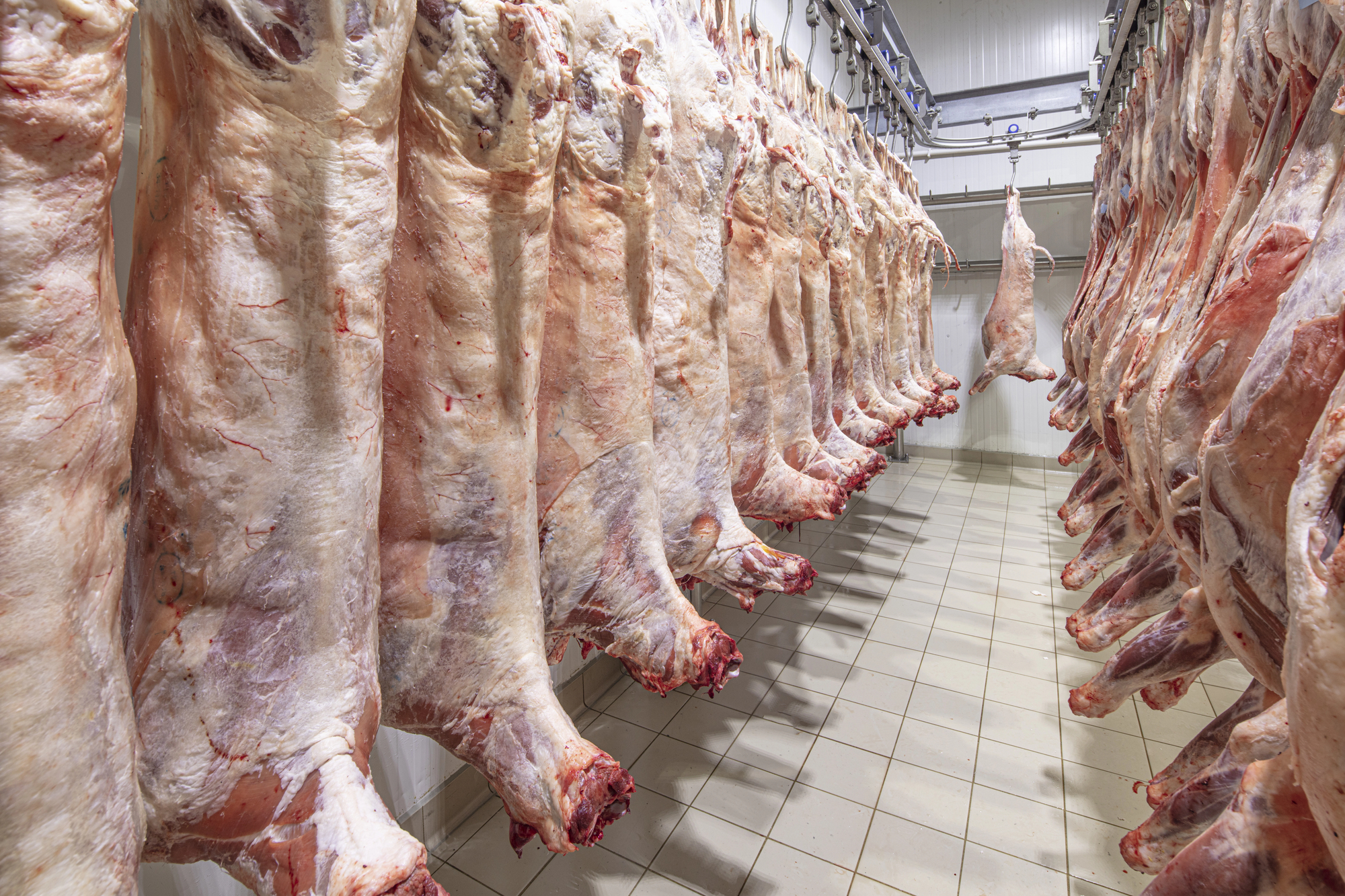PvdD ban on slaughtering animals without stunning backed by RvS

The Council of State has said it has no legal objections to a bill drafted by the animal rights party PvdD that would require sheep and cattle to be stunned before ritual slaughter.
The legal advisory body rejected a similar proposal in 2019, arguing that halal and kosher slaughterhouses should be exempted on religious grounds. The PvdD first tried to ban the practice in 2011, but the bill was defeated in the Senate.
But a European Court of Justice ruling in 2020 stated that EU member states could ban the slaughter of animals while conscious without making exceptions for religious rites.
PvdD leader Esther Ouwehand said the bill would reduce the suffering of animals during ritual slaughter according to Jewish and Islamic customs. Flanders introduced a similar ban in 2019 which was challenged in the Belgian Constitutional Court, prompting the ECJ ruling.
A process known as “reversible stunning” can be used to render animals unconscious before slaughter without making the meat unsuitable to be considered halal or kosher.
“In drafting this bill we paid very careful attention to the sensitivities of religious communities,” Ouwehand said. “It is very good news that the Council of State has now given it the green light.”
The bill also includes a clause that would outlaw preparing pregnant animals for slaughter after 40% of the pregnancy term, but the advisory body said the party needed to give more detailed reasons for the proposal.
Council of State advisory rulings are not binding, but they are seen as an important guide as to whether a bill is legally sound or likely to be challenged in court if it becomes law.
A majority of MPs in the current parliament are in favour of banning slaughter without stunning, but other clauses in the bill are more contentious, such as a ban on using carbon dioxide to stun pigs, electric baths for poultry and rolling crates to knock out chickens, turkeys and ducks.
Thank you for donating to DutchNews.nl.
We could not provide the Dutch News service, and keep it free of charge, without the generous support of our readers. Your donations allow us to report on issues you tell us matter, and provide you with a summary of the most important Dutch news each day.
Make a donation